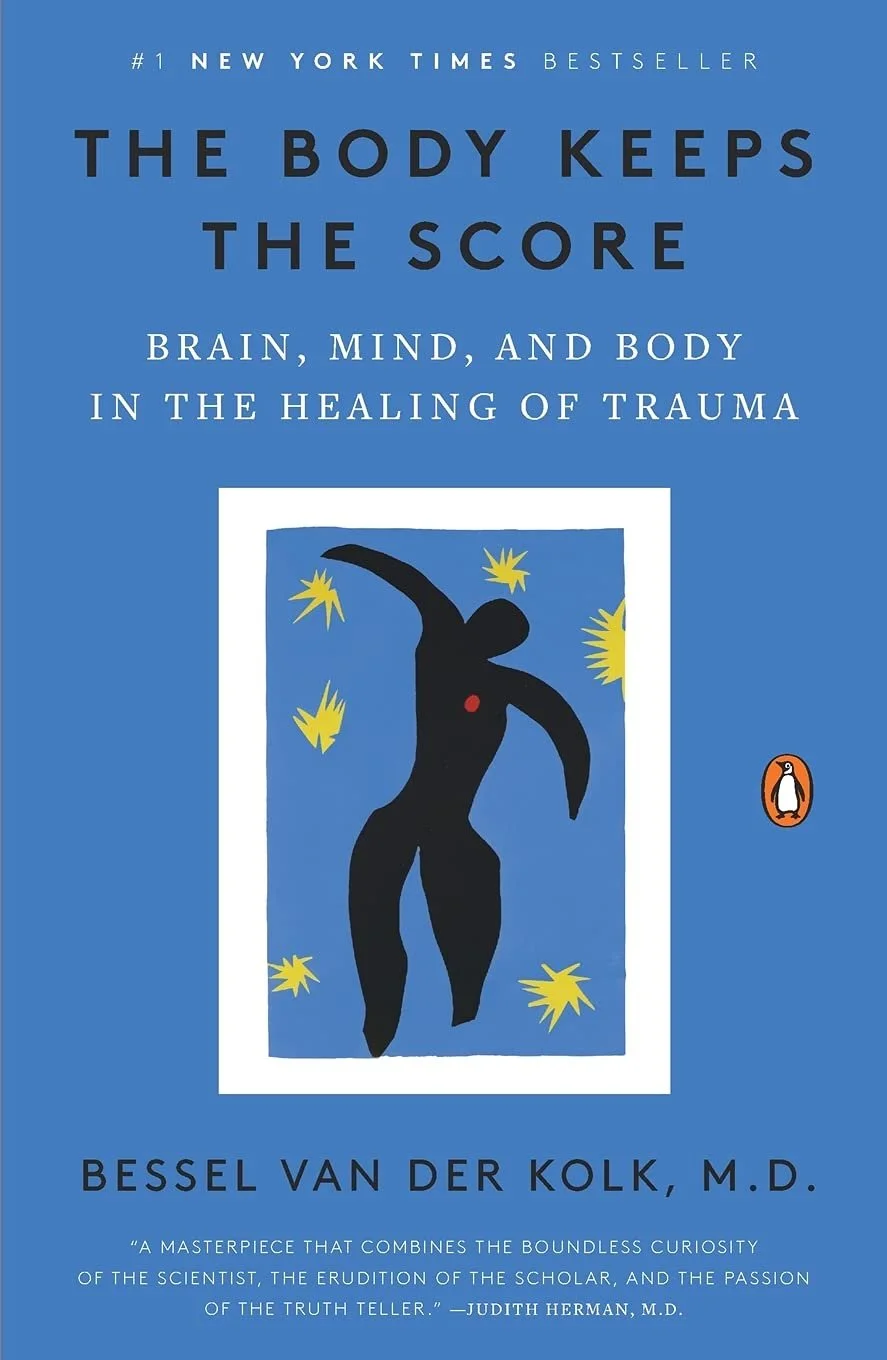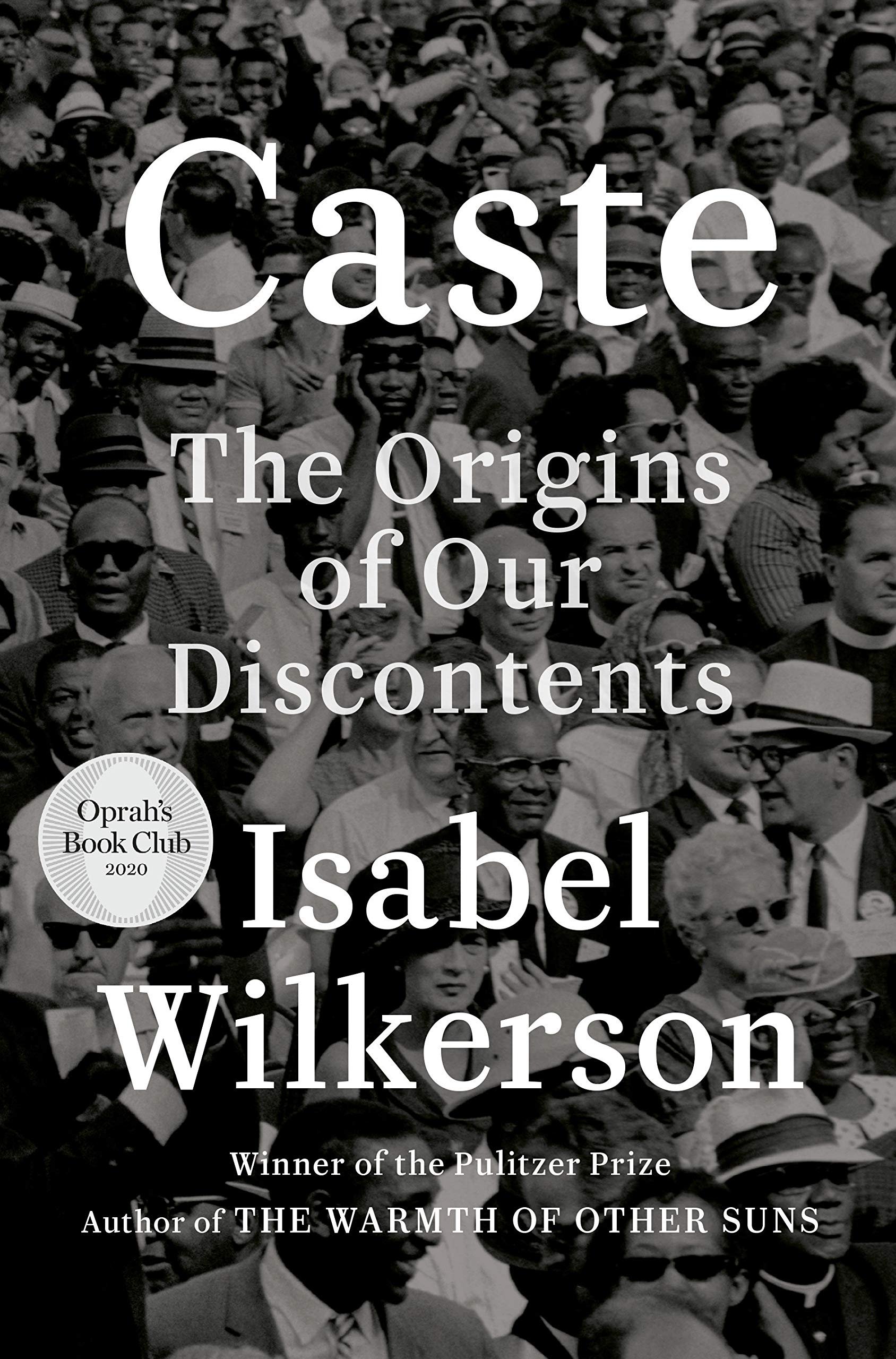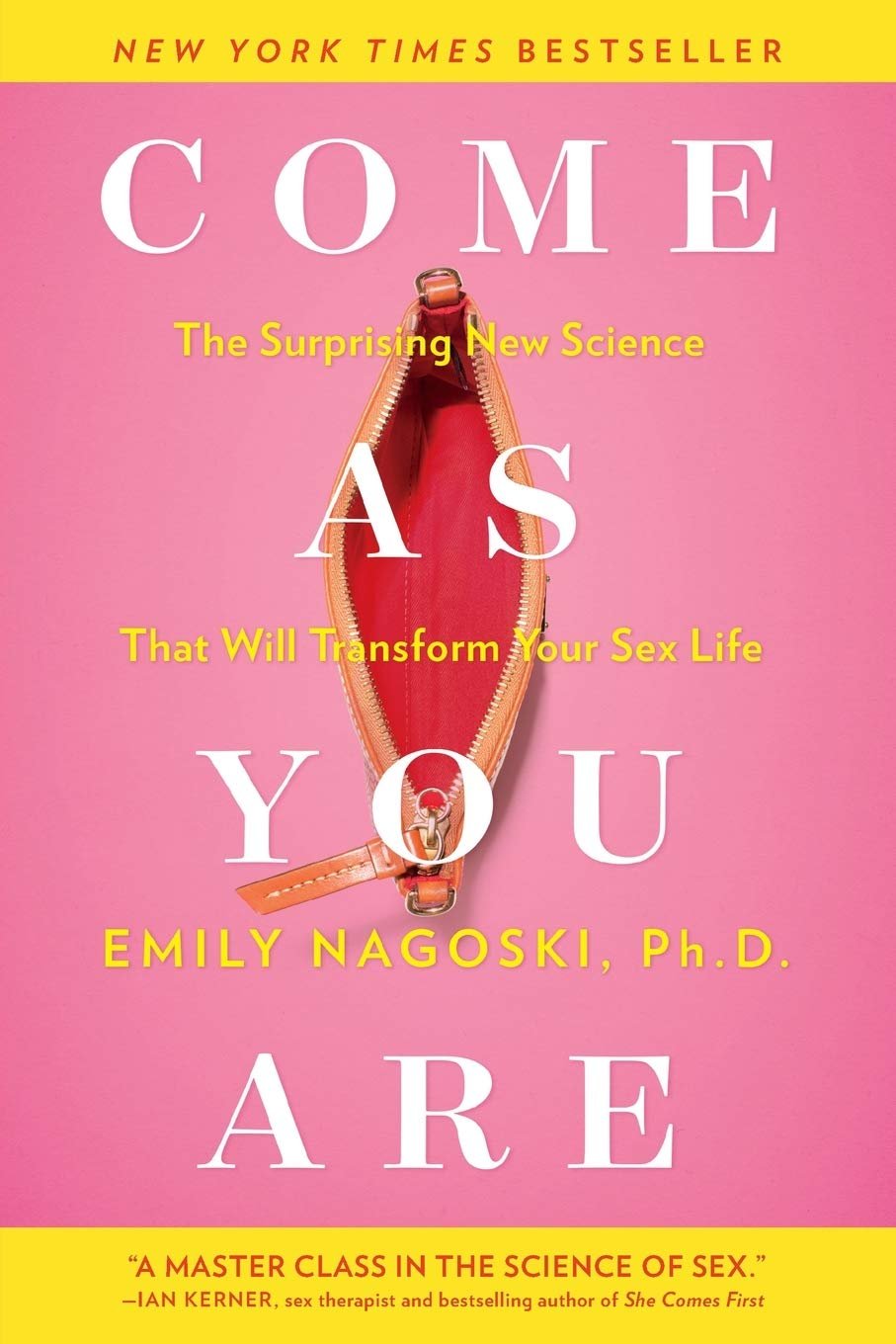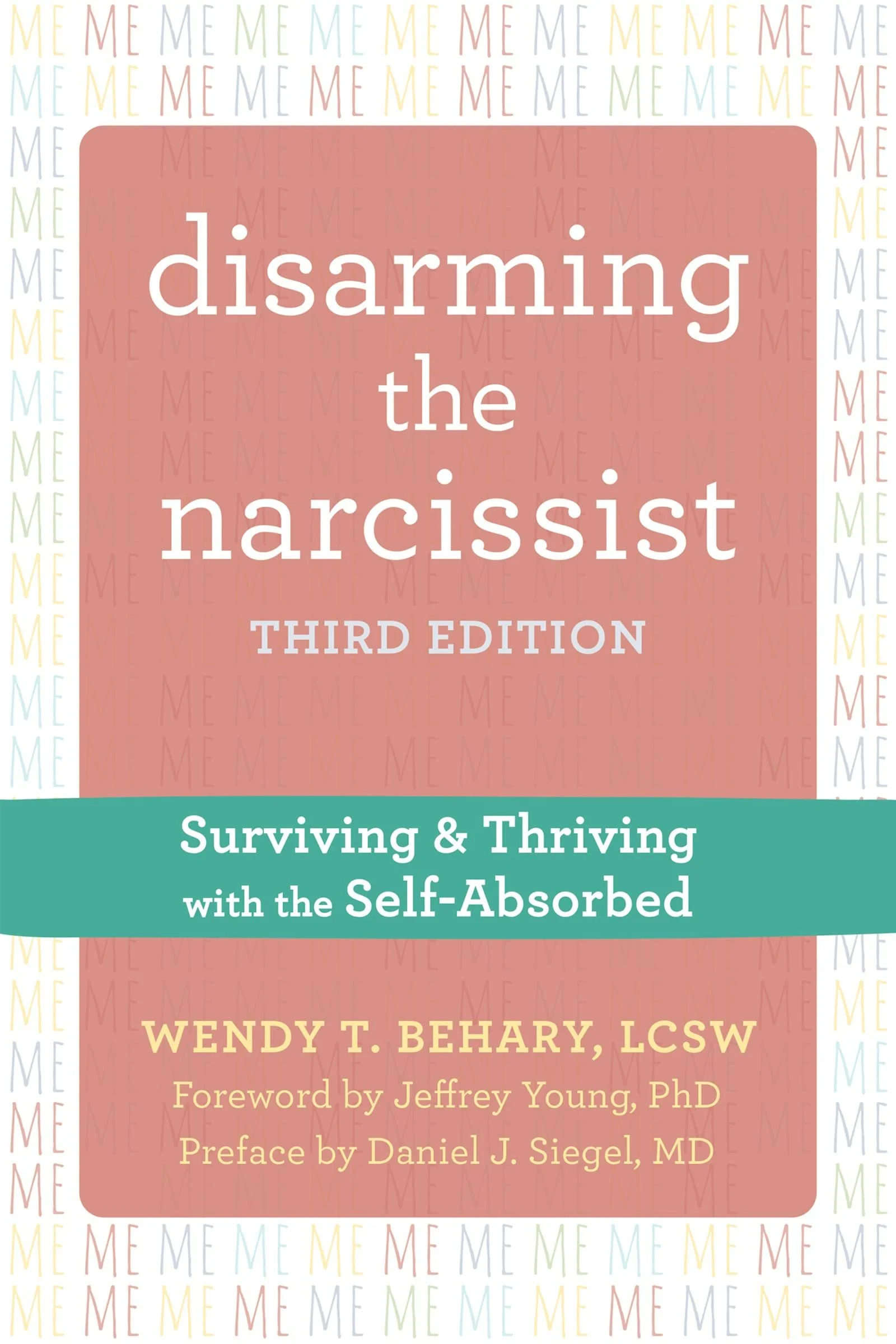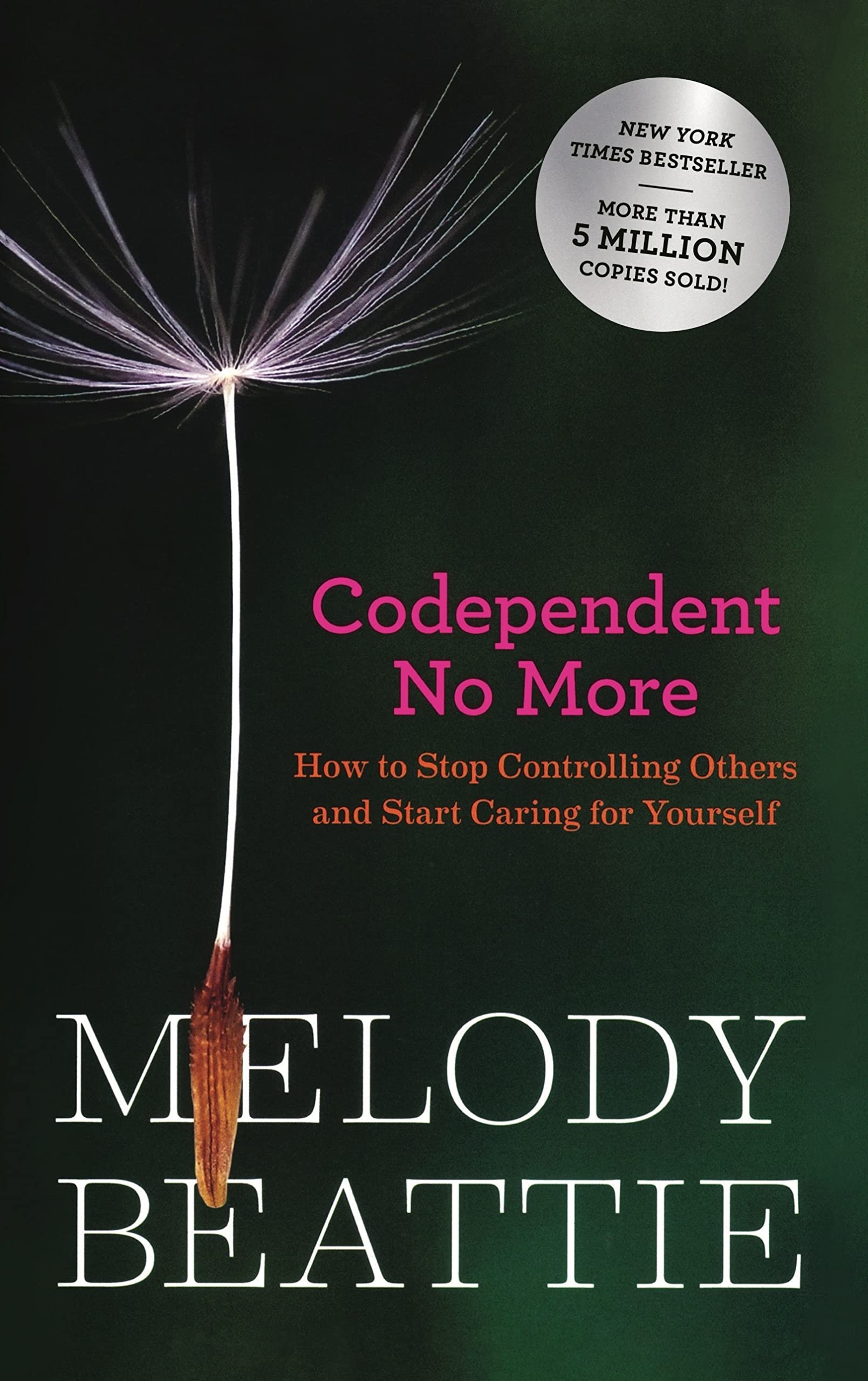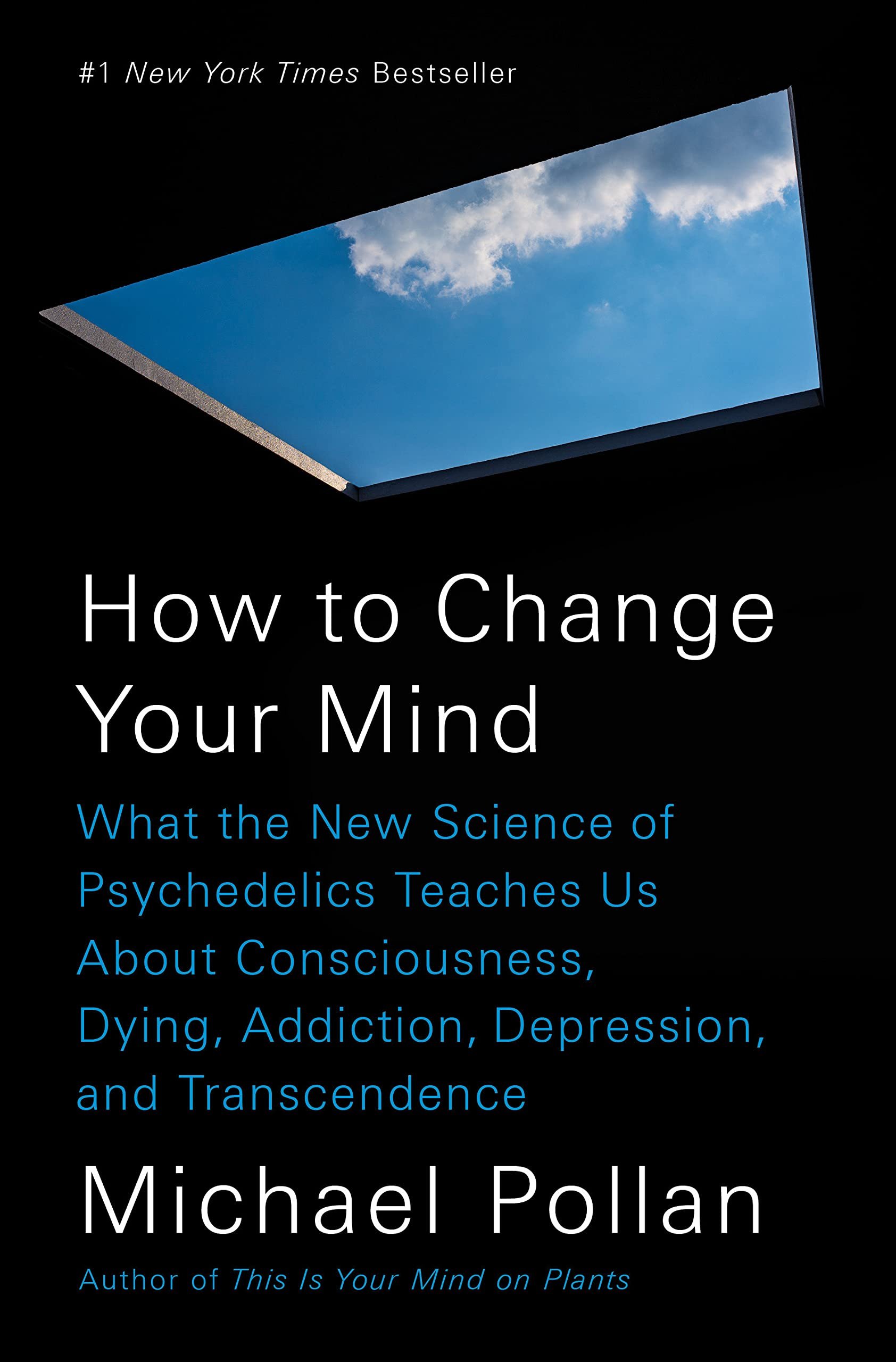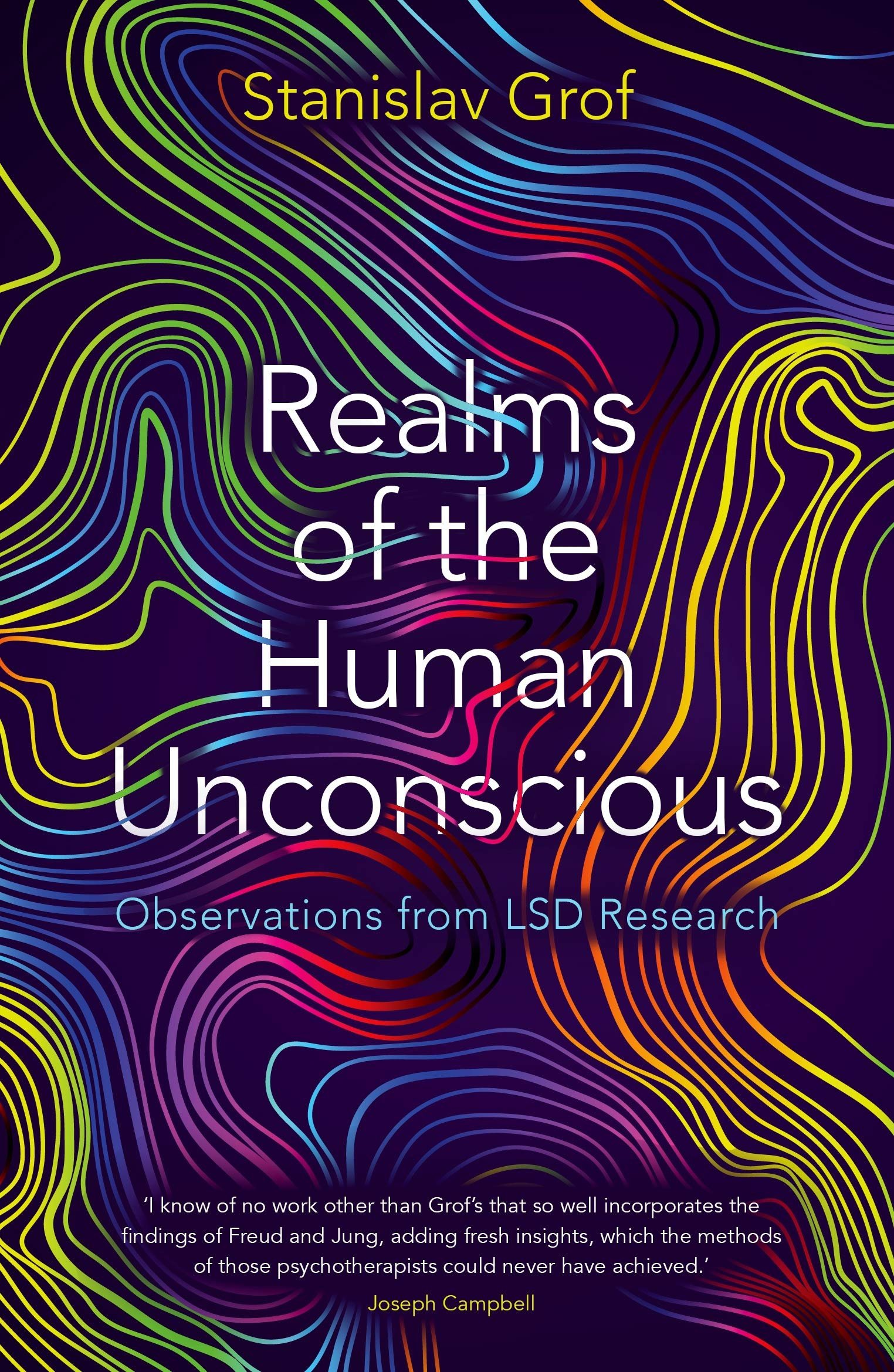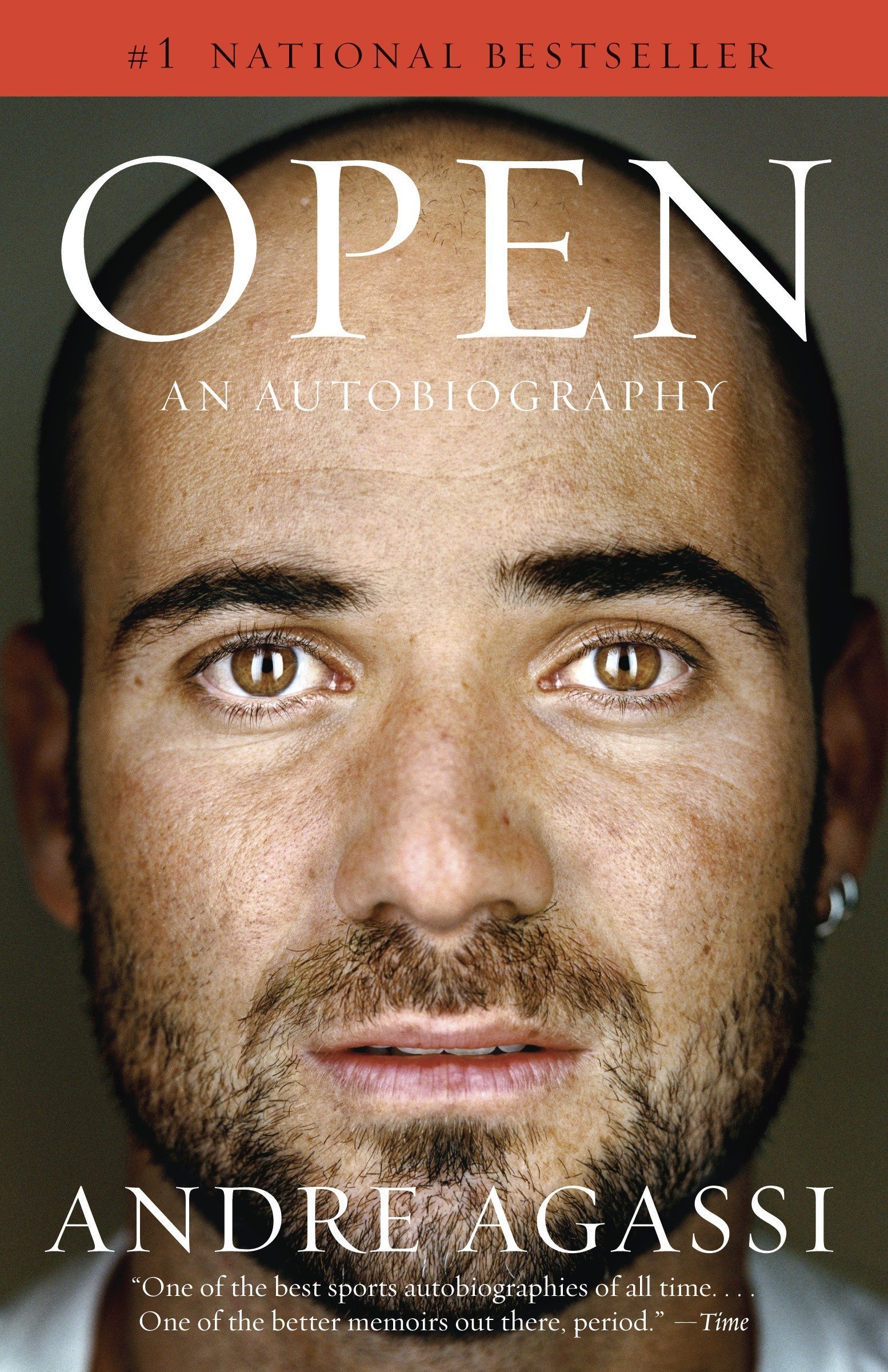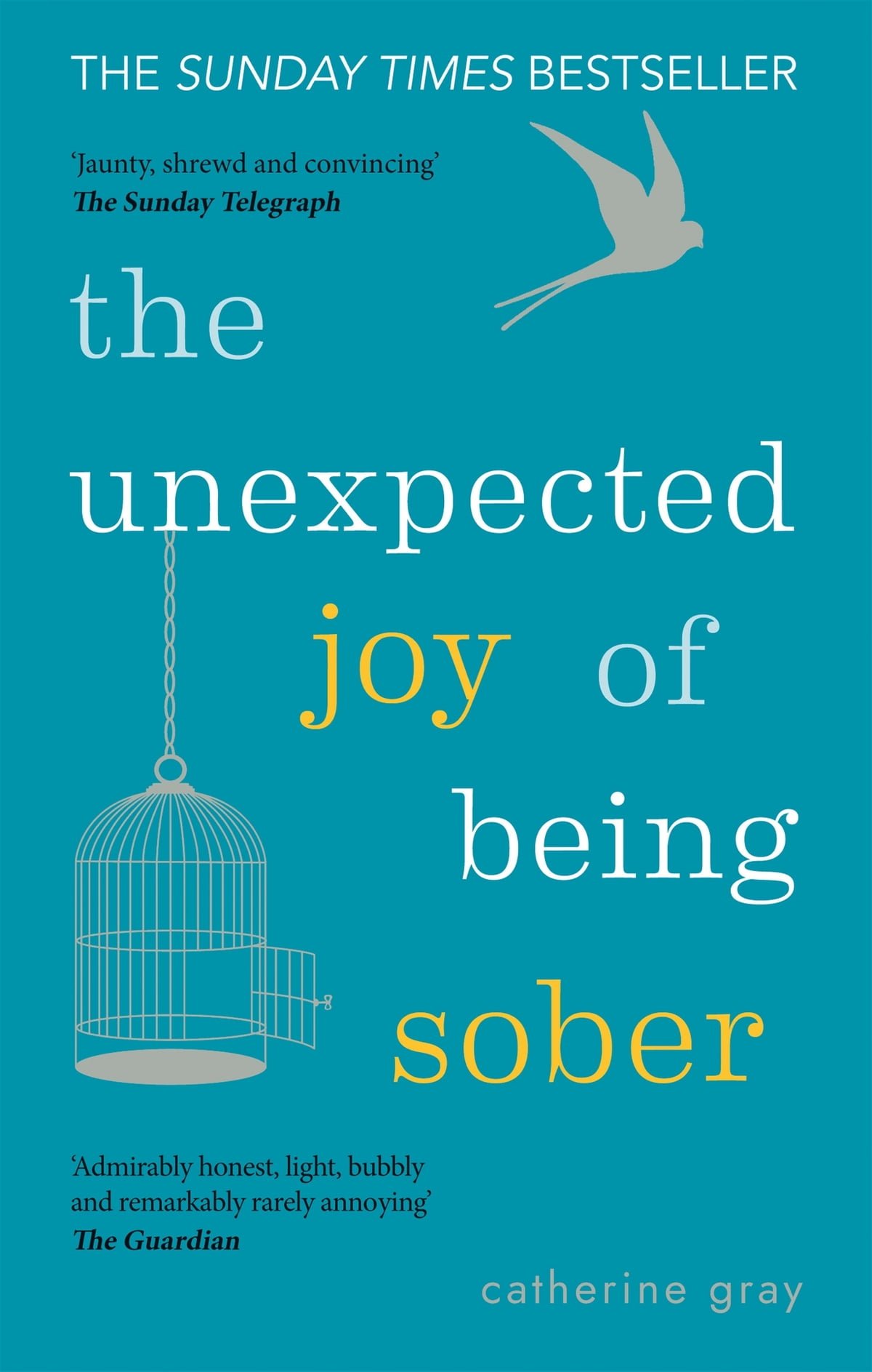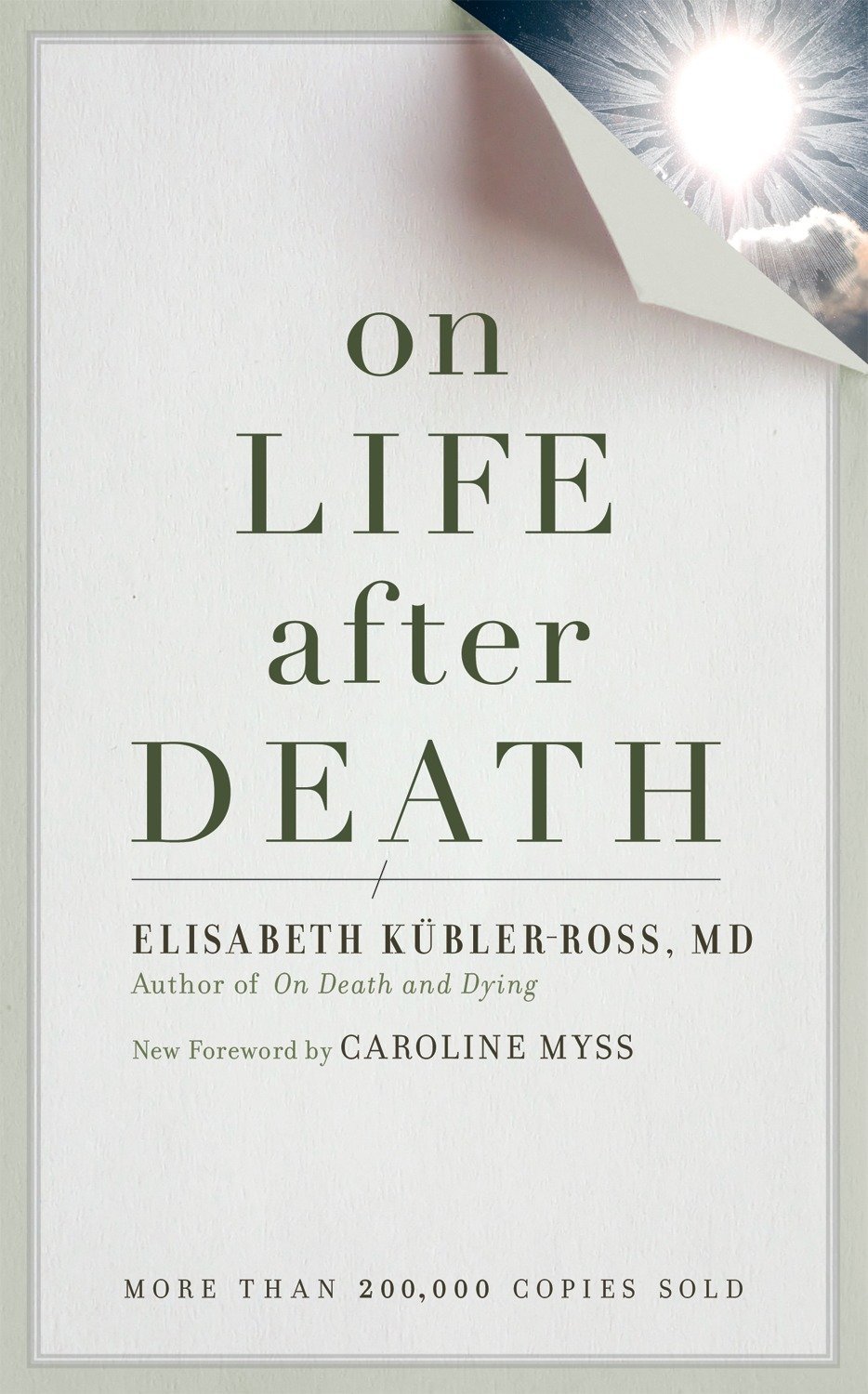If you want to understand your behavior in romantic relationships
Attached
By Amir Levine MD & Rachel S.F. Heller M.A
We already rely on science to tell us what to eat, when to exercise, and how long to sleep. Why not use science to help us improve our relationships? In this revolutionary book, psychiatrist and neuroscientist Dr. Amir Levine and Rachel Heller scientifically explain why why some people seem to navigate relationships effortlessly, while others struggle.
Attached guides readers in determining what attachment style they and their mate (or potential mate) follow, offering a road map for building stronger, more fulfilling connections with the people they love.
Evidence-based strategies to help you make small changes in your life
Atomic Habits
By James Clear
No matter your goals, Atomic Habits offers a proven framework for improving--every day. James Clear, one of the world's leading experts on habit formation, reveals practical strategies that will teach you exactly how to form good habits, break bad ones, and master the tiny behaviors that lead to remarkable results.
For understanding how trauma and stress live in the body
The Body Keeps the Score
By Bessel Van Der Kolk, M.D.
Trauma is a fact of life. Veterans and their families deal with the painful aftermath of combat; one in five Americans has been molested; one in four grew up with alcoholics; one in three couples have engaged in physical violence. Dr. Bessel Van Der Kolk, one of the world’s foremost experts on trauma, has spent over three decades working with survivors. In The Body Keeps the Score, he uses recent scientific advances to show how trauma literally reshapes both body and brain, compromising sufferers’ capacities for pleasure, engagement, self-control, and trust. He explores innovative treatments—from neurofeedback and meditation to sports, drama, and yoga—that offer new paths to recovery by activating the brain’s natural neuroplasticity. The Body Keeps the Score exposes the tremendous power of our relationships both to hurt and to heal—and offers new hope for reclaiming lives.
If you’re interested in understanding the myriad of interacting factors that shape one’s behaviors.
Behave: The Biology of Humans At Our Best and Our Worst
By Robert M. Sapolsky
From the celebrated neurobiologist and primatologist, a landmark, genre-defining examination of human behavior, both good and bad, and an answer to the question: Why do we do the things we do?
Sapolsky's storytelling concept is delightful but it also has a powerful intrinsic logic: he starts by looking at the factors that bear on a person's reaction in the precise moment a behavior occurs, and then hops back in time from there, in stages, ultimately ending up at the deep history of our species and its evolutionary legacy.
To understand the unspoken caste system that has shaped America.
Caste
By Isabel Wilkerson
In this brilliant book, Isabel Wilkerson gives us a masterful portrait of an unseen phenomenon in America as she explores, through an immersive, deeply researched narrative and stories about real people, how America today and throughout its history has been shaped by a hidden caste system, a rigid hierarchy of human rankings. Beyond race, class, or other factors, there is a powerful caste system that influences people’s lives and behavior and the nation’s fate.
Exploring how generational and racial trauma lives in the body
My Grandmother’s Hands
By Resmaa Menakem
In this groundbreaking book, therapist Resmaa Menakem examines the damage caused by racism in America from the perspective of trauma and body-centered psychology. The body is where our instincts reside and where we fight, flee, or freeze, and it endures the trauma inflicted by the ills that plague society. Menakem argues this destruction will continue until Americans learn to heal the generational anguish of white supremacy, which is deeply embedded in all our bodies.
For the latest truths and hidden science about female sexuality
Come As You Are
By Emily Nagoski, Ph.D.
For much of the 20th and 21st centuries, women’s sexuality was an uncharted territory in science, studied far less frequently—and far less seriously—than its male counterpart. That is, until Emily Nagoski’s Come As You Are, which used groundbreaking science and research to prove that the most important factor in creating and sustaining a sex life filled with confidence and joy is not what the parts are or how they’re organized but how you feel about them. Things like stress, mood, trust, and body image are not peripheral factors in a woman’s sexual wellbeing; they are central to it—and that even if you don’t always feel like it, you are already sexually whole by just being yourself.
For those looking to gain more energy in their lives
Breath: The New Science of A Lost Art
By James Nestor
There is nothing more essential to our health and well-being than breathing: take air in, let it out, repeat twenty-five thousand times a day. Yet, as a species, humans have lost the ability to breathe correctly, with grave consequences. Modern research is showing us that making even slight adjustments to the way we inhale and exhale can jump-start athletic performance; rejuvenate internal organs; halt snoring, asthma, and autoimmune disease; and even straighten scoliotic spines. None of this should be possible, and yet it is. Drawing on thousands of years of medical texts and recent cutting-edge studies in pulmonology, psychology, biochemistry, and human physiology, Breath turns the conventional wisdom of what we thought we knew about our most basic biological function on its head. You will never breathe the same again.
How to navigate life living with the self-absorbed
Disarming the Narcissist
By Wendy Behari
Do you know someone who is overly arrogant, shows an extreme lack of empathy, or exhibits an inflated sense of entitlement? Do they exploit others, or engage in deluded thinking? These are all traits of narcissistic personality disorder, and when it comes to dealing with narcissists, it can be difficult to get your point across. You might interact with them in social or professional settings, and you might even love one—so ignoring them isn’t really a practical solution. They're frustrating, and maybe even intimidating, but ultimately, you need to find a way of communicating effectively with them. Disarming the Narcissist is a practical, step-by-step communication guide to help you cope with and confront the narcissist in your life.
For those who have forgotten to put on their own air mask first in relationships.
Codependent No More
By Melody Beattie
Is someone else's problem your problem? If, like so many others, you've lost sight of your own life in the drama of tending to a loved one’s self-destructive behavior, you may be codependent--and you may find yourself in this book. With instructive life stories, personal reflections, exercises, and self-tests, Codependent No More helps you to break old patterns, maintain healthy boundaries, and say no to unhealthy relationships. It offers a clear and achievable path to freedom and a lifetime of healing, hope, and happiness.
Who actually runs the show? We, our thoughts, or the neurons firing within our brains?
How Brains Make Up Their Minds
By Walter J. Freeman
Walter J. Freeman explores how we control our behavior and make sense of the world around us. Avoiding determinism both in sociobiology, which proposes that persons' genes control their brains' functioning, and in neuroscience, which posits that their brains' disposition is molded by chemistry and environmental forces, Freeman charts a new course―one that gives individuals due credit and responsibility for their actions.
What the New Science of Psychedelics Teaches Us About Consciousness, Dying, Addiction, Depression, and Transcendence
How To Change Your Mind
By Michael Pollan
When Michael Pollan set out to research how LSD and psilocybin (the active ingredient in magic mushrooms) are being used to provide relief to people suffering from difficult-to-treat conditions such as depression, addiction, and anxiety, he did not intend to write what is undoubtedly his most personal book. But upon discovering how these remarkable substances are improving the lives not only of the mentally ill but also of healthy people coming to grips with the challenges of everyday life, he decided to explore the landscape of the mind in the first person as well as the third. Thus began a singular adventure into the experience of various altered states of consciousness, along with a dive deep into both the latest brain science and the thriving underground community of psychedelic therapists.
A revolutionary guide to living in the world with spiritual intelligence
Realms of the Human Unconscious: Observations from LSD Research
By Stanislav Grof
A pioneering and revolutionary book that lays the foundation for a radical new psychology, based on an expanded cartography of the human unconsciousness. Famous for his lifelong research into psychedelic drugs, Dr. Grof constructs a comprehensive and helpful framework out of the broad range of experiences triggered by LSD in patients and research subjects. Current research into the brain and ways of expanding consciousness give this seminal book, first published in 1979, new importance for the light it throws on many fundamental, but hitherto mysterious, human potentialities.
On resilience, grit, and Andre Agassi’s journey of overcoming a traumatic childhood
Open: An Autobiography
By Andre Agassi
Andre Agassi had his life mapped out for him before he left the crib. Groomed to be a tennis champion by his moody and demanding father, by the age of twenty-two Agassi had won the first of his eight grand slams and achieved wealth, celebrity, and the game’s highest honors. But as he reveals in this searching autobiography, off the court he was often unhappy and confused, unfulfilled by his great achievements in a sport he had come to resent. Agassi writes candidly about his early success and his uncomfortable relationship with fame, his marriage to Brooke Shields, his growing interest in philanthropy, and—described in haunting, point-by-point detail—the highs and lows of his celebrated career.
How to raise resilient children
Trauma-Proofing Your Kids
By Peter Levine and Maggie Kline
In addition to arming parents with priceless protective strategies, best-selling authors Dr. Peter A. Levine and Maggie Kline offer an antidote to trauma and a recipe for creating resilient kids no matter what misfortune has besieged them. Trauma-Proofing Your Kids is a treasure trove of simple-to-follow “stress-busting,” boundary-setting, sensory/motor-awareness activities that counteract trauma’s effect on a child’s body, mind and spirit. Including a chapter on how to navigate the inevitable difficulties that arise during the various ages and stages of development, this ground-breaking book simplifies an often mystifying and complex subject, empowering parents to raise truly confident and joyful kids despite stressful and turbulent times.
For the “sober-curious”
The Unexpected Joy of Being Sober
By Catherine Gray
What happens after you quit drinking? This gripping, heart-breaking and witty book takes us down the rabbit-hole of an alternative reality. A life with zero hangovers, through sober weddings, sex, Christmases and breakups. In The Unexpected Joy of Being Sober , Catherine Gray shines a light on society's drink-pushing and talks to top neuroscientists and psychologists about why we drink, delving into the science behind what it does to our brains and bodies. Much more than a tale from the netherworld of addicted drinking, this book is about the escape, and why a sober life can be more intoxicating than you ever imagined.
For those looking to reframe their ideas of death with compassion instead of trepidation
On Life After Death
By Elisabeth Kubler-Ross, M.D.
As a pioneer of the hospice movement, Dr. Elizabeth Kübler-Ross was one of the first scholars to frankly discuss our relationship with death. By introducing the concept of the five stages of dying, her work has informed the lives of countless people as they face the grieving process. This classic collection of four essays—based on Dr. Kubler-Ross’s studies of more than twenty thousand people who had near-death experiences—illuminates her sensitive, original, and even controversial findings on death, dying, and the afterlife.
For those struggling with compulsions and disordered eating
Women Food and God
By Geneen Roth
No matter how sophisticated or wealthy or broke or enlightened you are, how you eat tells all. After three decades of studying, teaching, and writing about our compulsions with food, bestselling author Geneen Roth adds a powerful new dimension to her work in Women Food and God. She begins with her most basic concept: the way you eat is inseparable from your core beliefs about being alive. Your relationship with food is an exact mirror of your feelings about love, fear, anger, meaning, transformation and, yes, even God.
For those wondering how to sustain a safe yet exciting romantic relationship
Mating In Captivity
By Esther Perel
Mating in Captivity invites us to explore the paradoxical union of domesticity and sexual desire, and explains what it takes to bring lust home. Drawing on more than twenty years of experience as a couples therapist, Perel examines the complexities of sustaining desire. Through case studies and lively discussion, Perel demonstrates how more exciting, playful, and even poetic sex is possible in long-term relationships.
For those navigating children, smartphones, and social media
The Anxious Generation
By Jonathan Haidt
After more than a decade of stability or improvement, the mental health of adolescents plunged in the early 2010s. Rates of depression, anxiety, self-harm, and suicide rose sharply, more than doubling on many measures. In The Anxious Generation, social psychologist Jonathan Haidt lays out the facts about the epidemic of teen mental illness that hit many countries at the same time. He then investigates the nature of childhood, including why children need play and independent exploration to mature into competent, thriving adults.
For those wanting to learn how to make their perfectionism work for you
The Perfectionist’s Guide To Losing Control
By Katherine Morgan Schafler
We’ve been looking at perfectionism all wrong. As psychotherapist and former on-site therapist at Google Katherine Morgan Schafler argues in The Perfectionist's Guide to Losing Control, you don’t have to stop being a perfectionist to be healthy. For women who are sick of being given the generic advice to “find balance,” a new approach has arrived.


